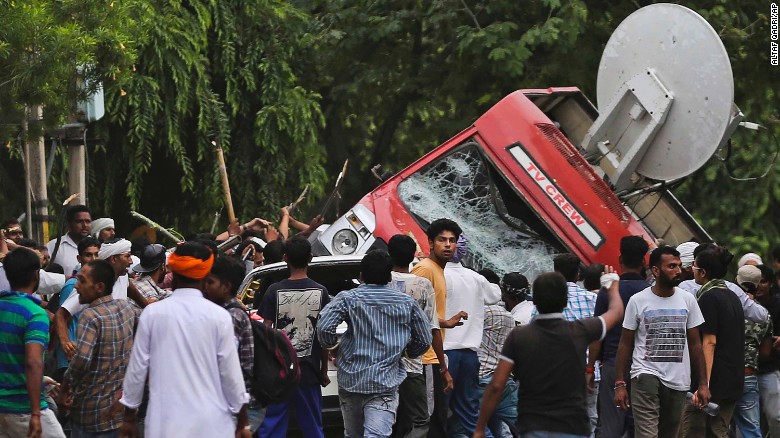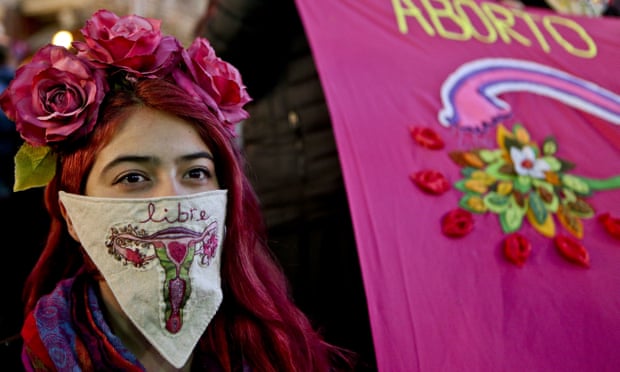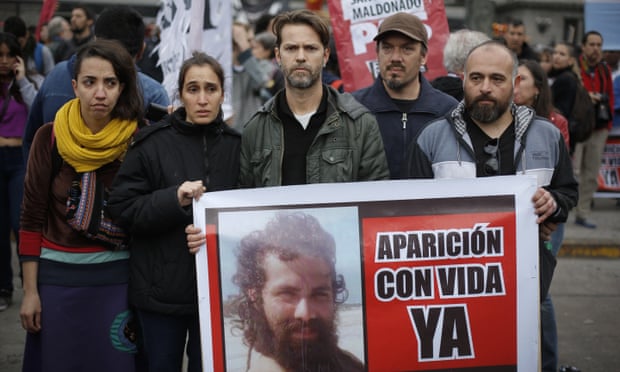Syria war crimes prosecutor vows justice for atrocities
Secretary-General Antonio Guterres appointed a French judge after UN General Assembly took rare action

War crimes prosecutors have set to work to establish cases against those accused of some of Syria’s worst atrocities, Catherine Marchi-Uhel, the judge who will run the unit, has revealed.
The International, Impartial and Independent Mechanism was created on the orders of the United Nation General Assembly. Mrs Marchi-Uhel, who was appointed to head the body last July by UN Secretary-General Antonio Guterres, has served as an international judge in Kosovo, Cambodia and at the war crimes court for the former Yugoslavia.
“It is tasked with collecting, consolidating, preserving and analysing information and evidence,” she said of the body. “On the other hand, with preparing files in order to facilitate and expedite fair and independent criminal proceedings, in accordance with international law standards, in national, regional or international courts or tribunals.”
Speaking in Geneva, she said the creation of the mechanism would promote prosecutions of the most serious violations in Syria. Its mandate was to “avoid perpetrators enjoying impunity”.
_______________
Read more:
Veteran prosecutor Carla Del Ponte quits Syria inquiry panel
_______________
The team of some 50 people includes lawyers, analysts and computer specialists, some of whom will have to be Arabic speakers to study and analyse all the information collected about the crimes committed in Syria.
“We are talking about crimes against humanity, war crimes, attacks on schools or hospitals, summary executions, violence against women or children,” she said.
She said experience shows that when a prosecutor or an examining magistrate begins to gather evidence in a file, there is an “effect” on the situation.
Mrs Marchi-Uhel promised to work closely with the UN Commission of Inquiry on Syria. It publishes a report on its findings every six months and has concluded that all the warring parties have used torture, arbitrary executions or other atrocities.
The UN General Assembly in December set up the international panel to help collect evidence to be used in future cases of war crimes prosecution in a vote of all members in December.
The deaths of more than 320,000 people in Syria have been examined by the UN Commission of Inquiry that has documented cases of torture, summary killings and other atrocities by all sides in the conflict.
The French national previously worked as the ombudsman for a Security Council committee that deals with the Islamic State group and Al-Qaeda.
The Swiss judge Carla Del Ponte quit the commission in July, decrying the lack of political backing for its work. “We are powerless, there is no justice for Syria,” she said.
“Everyone in Syria is on the bad side. The Assad government has perpetrated horrible crimes against humanity and used chemical weapons. And the opposition is now made up of extremists and terrorists.”











